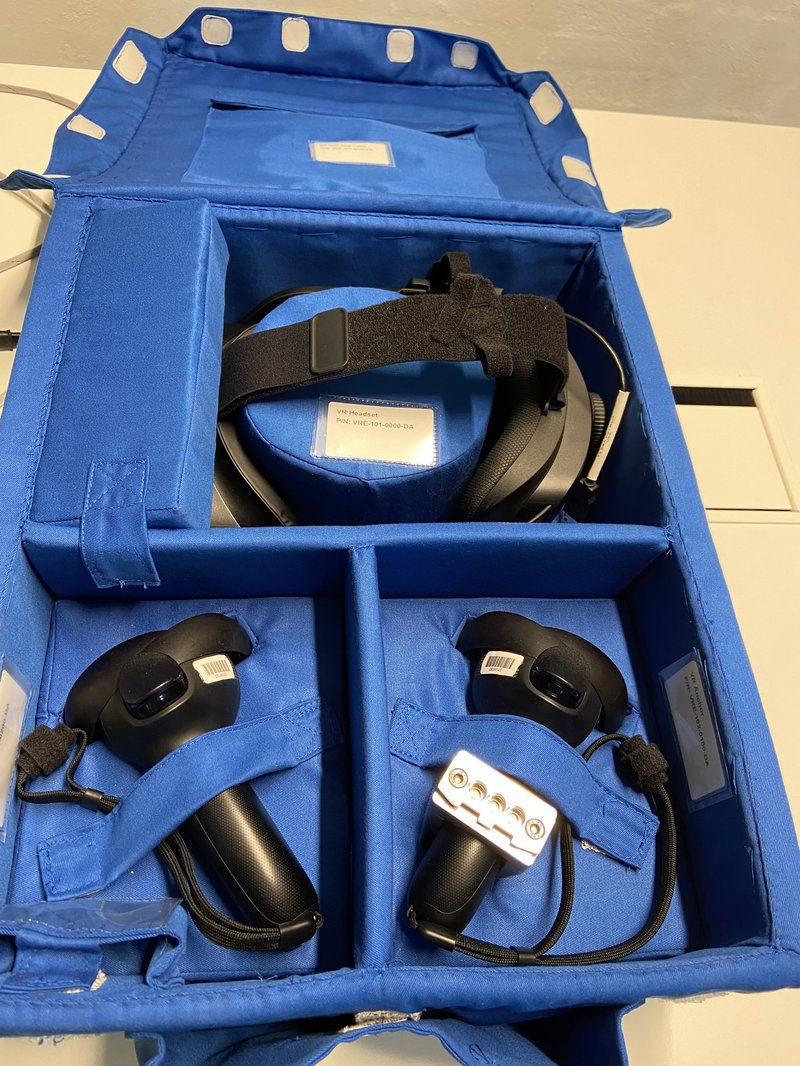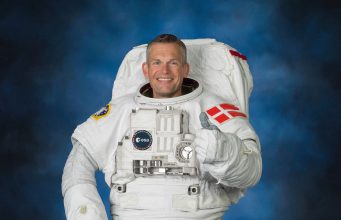HTC is Sending a VR Headset to the ISS to Support Astronaut Mental Health
Virtual reality is already being used on the ground to help prepare astronauts for the rigors of space, although now HTC says it’s sending its standalone VR headset Vive Focus 3 to the International Space Station (ISS) to help support the mental health of astronauts during their mission.
To help alleviate stress, and maybe even combat homesickness, a specially-fitted Vive Focus 3 will make its way to the ISS starting on November 7th as a part of a resupply mission.
The company says in a blogpost that it will be used by Danish astronaut Andreas Mogensen, Commander of Expedition 70 on the ISS, who will run a mental health initiative created by XRHealth and Nord-Space Aps.
Like all modern VR headsets, Vive Focus 3’s room-positioning system wasn’t built with the microgravity of space in mind, however the company settled on a solution that’s sometimes used in the world of location-based entertainment, such as roller coasters and flight simulators.

Using a controller as an anchor point allows the headset to orient itself spatially, giving Mogensen a fixed reference point as ‘the ground’, presumably leaving the other controller to operate the headset’s user interface.
The initiative’s main goal is one of VR-based therapy, which is designed to give astronauts a break from the isolating environment and allow them to be transported to another place via immersive 360-degree videos.
It’s set to include videos such as a sunset atop a picturesque hill, a mountain path in Europe, swimming with dolphins, a tour of the western coast of Denmark, and a nature hike through the wetlands.
“Astronauts are essentially isolated during their missions for months and years at a time and are confined to small spaces with limited contact with friends and family,” says Per Lundahl Thomsen, Chief Technology Officer at Nord-Space Aps. “Creating a virtual platform that addresses their mental health needs while in isolation is imperative for them to maintain a healthy lifestyle when they return. We partnered with companies that provide the most advanced technologies that could be adapted for space to provide the most beneficial experience for our astronauts.”
While 360 videos are generally less immersive than dedicated virtual reality simulations—even 3D 360 videos lack support for 6DOF spatial movement—it’s certainly sounds like a well-calculated stab at putting the minimum viable solution in the hands of astronauts to see just how much VR can help alleviate the daily stressors of working and living aboard the ISS.
HTC is Sending a VR Headset to the ISS to Support Astronaut Mental Health Read More »
